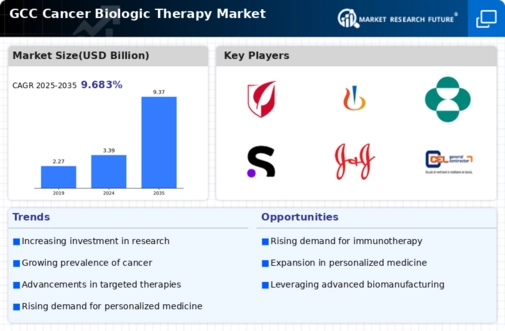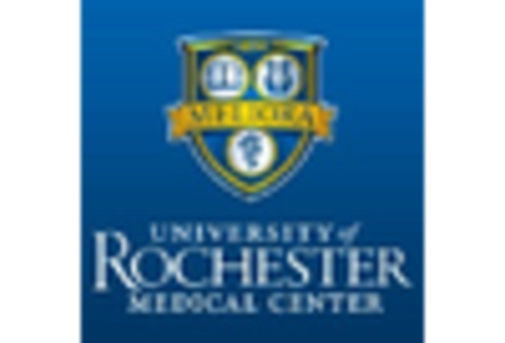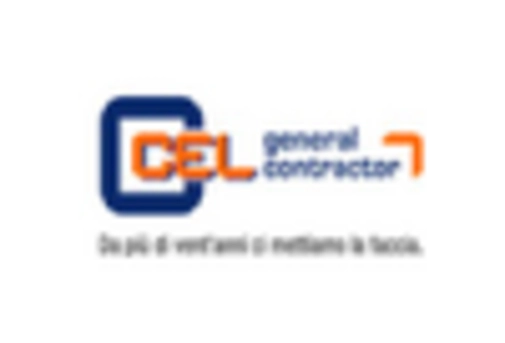GCC Cancer Biologic Therapy Market Summary
The GCC Cancer Biologic Therapy Market is projected to grow significantly from 3.39 USD Billion in 2024 to 9.37 USD Billion by 2035.
Key Market Trends & Highlights
GCC Cancer Biologic Therapy Market Key Trends and Highlights
- The market is expected to experience a compound annual growth rate (CAGR) of 9.68 percent from 2025 to 2035.
- By 2035, the market valuation is anticipated to reach 9.37 USD Billion, indicating robust growth potential.
- In 2024, the market is valued at 3.39 USD Billion, laying a strong foundation for future expansion.
- Growing adoption of biologic therapies due to increasing cancer prevalence is a major market driver.
Market Size & Forecast
| 2024 Market Size | 3.39 (USD Billion) |
| 2035 Market Size | 9.37 (USD Billion) |
| CAGR (2025-2035) | 9.68% |
Major Players
Gilead Sciences, Novartis, Merck & Co., Takeda Pharmaceutical, Regeneron Pharmaceuticals, Sanofi, Amgen, Johnson & Johnson, Celgene, Eli Lilly and Company, Bristol-Myers Squibb, AstraZeneca, AbbVie, Pfizer, Roche





















